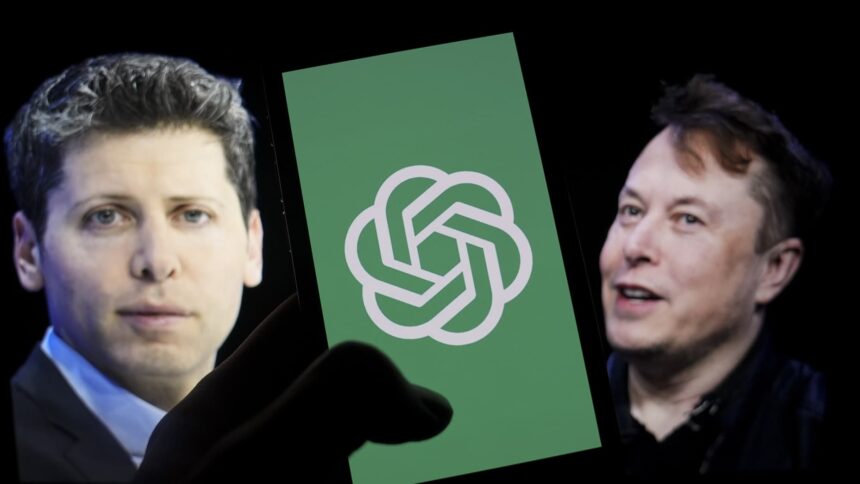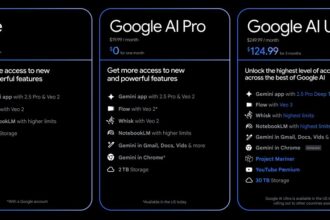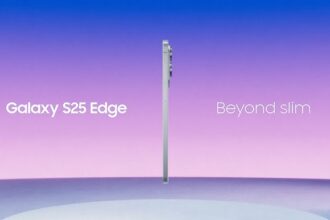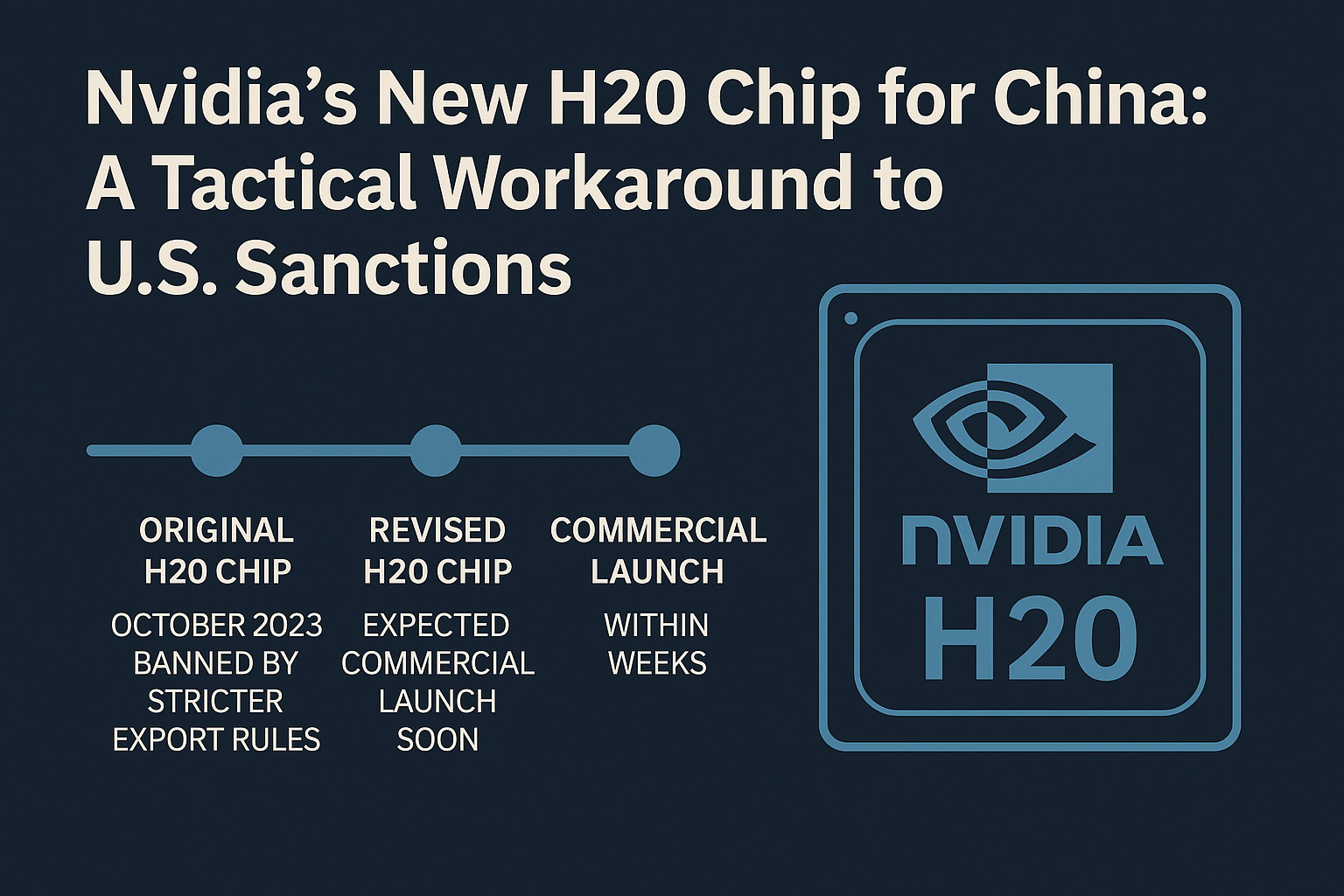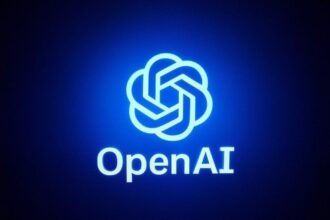OpenAI has publicly countered Elon Musk’s legal efforts to halt its transition to a fully for-profit business model. In a blog post titled “Elon Musk wanted an OpenAI for-profit,” the organization asserted that Musk had previously advocated for a for-profit structure in 2017 but left the company when he did not achieve majority control.
Background of the Dispute
Musk, one of OpenAI’s co-founders, filed a motion in federal court in November, seeking to stop OpenAI from converting to a fully for-profit entity. In its blog post, OpenAI stated, “When he didn’t get majority equity and full control, he walked away and told us we would fail.” The post emphasized the irony of Musk’s current opposition, given that OpenAI has become a leading AI research lab while he runs a competing AI company, xAI.
Musk’s xAI launched its Grok chatbot and is in the process of raising up to $6 billion at a $50 billion valuation, with plans to acquire 100,000 Nvidia chips.
Historical Context
OpenAI’s legal team noted that Elon Musk had raised concerns about the nonprofit model from the beginning. In a 2015 email, Musk expressed that receiving a salary from a nonprofit could complicate incentive alignments, suggesting a standard C corporation with a parallel nonprofit might be a better structure. Conversations about the company’s direction continued, with Musk later proposing a for-profit model during discussions with OpenAI co-founders.
In 2017, Musk attempted to create a public benefit corporation named “Open Artificial Intelligence Technologies, Inc.” However, negotiations for the proposed for-profit structure fell apart because of disagreements over control and leadership roles. Musk’s involvement diminished after he resigned as co-chair in 2018.
Transition to For-Profit Structure
OpenAI, which began as a nonprofit in 2015, shifted to a “capped-profit” model in 2019. This allowed the nonprofit to govern a for-profit subsidiary, enabling it to attract investment, particularly from Microsoft, which has invested nearly $14 billion in the company.
OpenAI’s valuation has surged to $157 billion, largely propelled by the success of ChatGPT, which launched in November 2022. The organization is currently navigating a complex process to fully transition into a for-profit public benefit corporation, aiming to enhance its appeal to investors while retaining its nonprofit status.
Legal Battles and Allegations
Musk has been involved in several legal disputes with OpenAI, including a lawsuit alleging breach of contract and fiduciary duty. His legal team has accused OpenAI and Microsoft of violating federal antitrust laws and engaging in anti-competitive practices by restricting investor participation in rival companies.
In November, Musk’s attorneys expanded their complaint to include allegations of a “group boycott,” asserting that OpenAI and Microsoft sought to limit access to investment capital for competitors like xAI. Altman, CEO of OpenAI, denied these claims, stating that investors are free to support competitors but may lose certain information rights.
Conclusion
The ongoing legal and public disputes between Elon Musk and OpenAI highlight the tensions surrounding the rapidly developing AI landscape. As OpenAI continues its transition to a for-profit model, it faces increasing competition not only from Musk’s xAI but also from major tech players like Google, Amazon, and Meta. Analysts project the generative AI market to exceed $1 trillion in revenue within a decade, underscoring the stakes involved in this high-stakes industry.

